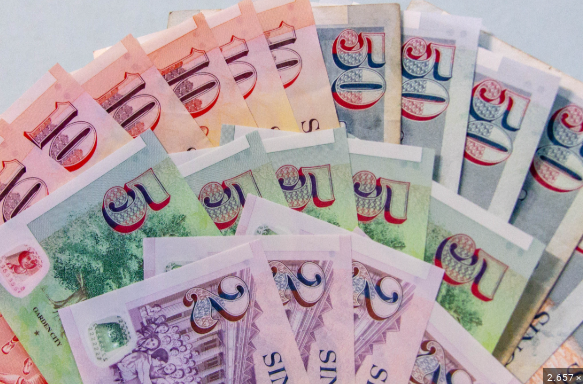Analyzing the impact of monetary policy on Singapore’s export competitiveness
In recent years, concerns have been raised about whether the strong appreciation of the Singapore dollar has affected the country’s export competitiveness. This issue has become more prominent with the tightening of monetary policy by the Monetary Authority of Singapore (MAS).
According to simulations by MAS, even if the nominal exchange rate had not been raised, the Singapore dollar would have appreciated similarly in real terms. The key difference would have been that the appreciation would have been driven by “increases in relative prices,” with domestic prices rising faster than foreign prices. This would have imposed a significant cost on businesses and households, explained MAS chief economist Edward Robinson during the JPMorgan Asia Macro Conference on March 6, 2024.
MAS maintains that the weakness in Singapore’s exports is due to factors other than the exchange rate, pointing to external challenges like global economic slowdowns and shifts in demand. Robinson emphasized that, although the tightening of monetary policy may have had an effect on the nominal exchange rate, the overall appreciation of the Singapore dollar in real terms would have likely occurred even without MAS interventions. This highlights the complex relationship between monetary policy and export performance, especially in the context of a dynamic global economy.








